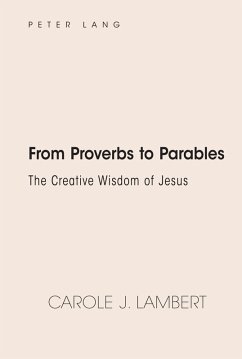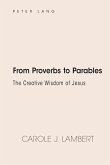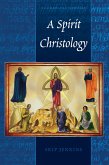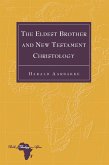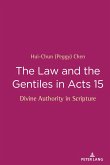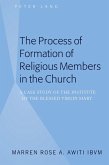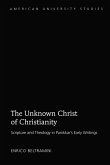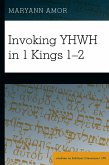The goal of this book is to suggest that Jesus as a creative artist was heavily influenced by the Hebrew Bible's Book of Proverbs. It posits that he created some of his short parables from specific verses found in Proverbs, suggests that he expanded some basic sapient themes present in this book when composing his parables, and shows him reacting negatively to the commonly held belief that this Book's overall concept of wisdom is that the wise are rewarded and the fools are punished by God through their own self-destructive choices and subsequent actions. Thus this text points to Jesus as an inventive artist, a concept not usually associated with him, and it complicates simplistic ways of defining biblical wisdom. Part I demonstrates how Jesus might have created his tales from specific proverbs found in the Book of Proverbs. The overarching theme for these parables is wisdom: Jesus as wisdom (I Cor. 1:24) speaking wisdom in new ways.
Part II discusses Jesus as a self-actualized artist who creatively designed these tales. It examines what shaped Jesus' artistry, what might have been the sources of his literacy, why he might have chosen to expand individual proverbs imaginatively in order to create his moral tales, and how his wisdom enhanced conventional attitudes toward wisdom as the former included and clarified his new "kingdom of God" concepts. This book could be used in courses treating Literature and the Bible, Biblical Art, The Humanity of Jesus, and Wisdom Literature Common to Christians and Jews.
Part II discusses Jesus as a self-actualized artist who creatively designed these tales. It examines what shaped Jesus' artistry, what might have been the sources of his literacy, why he might have chosen to expand individual proverbs imaginatively in order to create his moral tales, and how his wisdom enhanced conventional attitudes toward wisdom as the former included and clarified his new "kingdom of God" concepts. This book could be used in courses treating Literature and the Bible, Biblical Art, The Humanity of Jesus, and Wisdom Literature Common to Christians and Jews.
Dieser Download kann aus rechtlichen Gründen nur mit Rechnungsadresse in A, D ausgeliefert werden.
"We are storytellers for whom meaning is animated through personal and collective responsivity. Carole Lambert brilliantly shows how Jesus creatively leveraged the wisdom of Proverbs into parables, stories of elemental meaning which have, for millennia, galvanized faithful generativity the world over. For Lambert, Christ's kingdom is a story already and not yet completed, given to the reconciliation and healing of humanity. New Testament, theology, and literature students will deeply appreciate this work of careful and accessible scholarship."-The Rev. Dr. Kevin S. Reimer, author of Living L'Arche; co-author, The Reciprocating Self

